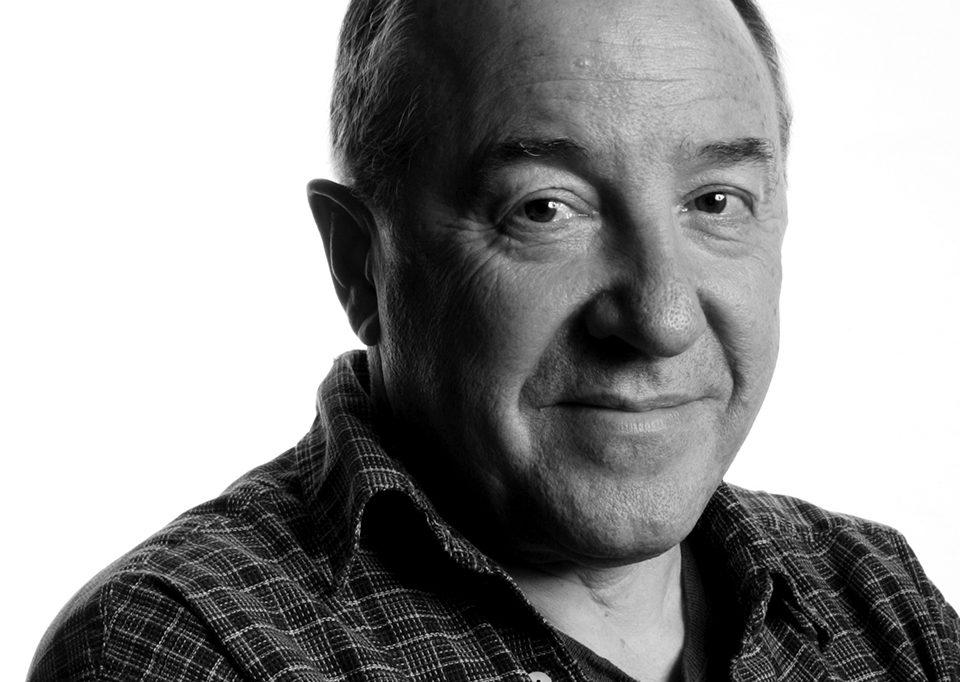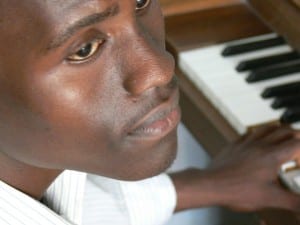“People are far more interested [in sound] than they were, but they still don’t really know what we do.” Eddy Joseph? He was part of the team that won a “Sound” BAFTA this year for Casino Royale.
When it comes to winning awards for cinematic achievement, other than the actors, the headlines are usually preoccupied with the skills that everyone recognises and understands — the directors, the writers and more recently the special effects wizards. The interest of your average film buff rarely, if ever, extends as far as the individuals who put together the soundtrack. As Eddy Joseph says, the advent of extras on DVDs has gone some way towards changing that. Eddy has been working with sound for over twenty-five years; he knows better than most that moviegoers tend to be more interested in CGI or animatronics. “There are lots of programmes on TV about the making of so-and-so, but that basically means the visual effects, it’s not generally about how we do a soundtrack.” Many don’t realise that the sound involves so much more than the music, they don’t appreciate what else is involved. As Eddy points out, “I think people do assume that the sound that’s recorded at the time [of shooting], is the final sound of the film. That’s so far away from the truth — you can replace 90% of it.”
So what is the mark of an award-winning soundtrack? For Eddy it’s all in the detail.
“For [Casino Royale], I think we did two or three of the biggest sound effect sequences that have ever been done on British movies, they were massive scenes. Yes, it’s difficult to get them right and good, but they’re not difficult to do — you can record cars, enhance the sounds of guns and houses falling down. But injecting the nuance is what makes the scene for me.”
Does that mean that an audience should notice the sound? As far as Eddy is concerned that “depends totally on the film. You can’t imagine a Star Wars without the sound effects… The Matrix was innovative and yes, you should be aware of it because it’s part of the experience. But, generally, the sound is part of the story telling, or part of the atmosphere and no you shouldn’t [concentrate on the sound] and nor should you really notice the music unless there’s a particular reason for it. I think there’s too much music in films. There’s a fear that directors and producers generally have, that you can’t afford to leave one frame without something on it. I love silence. I’m great advocate for light and shade in sound and if there’s anything I’ve done in my career it’s to try to advocate that.”
Luckily for cinemagoers, despite the fact that few appreciate what a sound editor does, Eddy is still compellingly passionate about cinematic soundscapes – the “nuance”, the “light and shade”. But as he concludes, attitudes within the industry are changing. “There is still an element of fun, but it’s getting harder because the schedules keep changing and the parameters change. It’s not as enjoyable I don’t think, which is a shame, people try to spend less money on sound, thinking that we can do more in the cutting rooms than we used to. They’re throwing that money into the visual effects now.”
Even though we may not realise it, we have reached a point where we take the sound at the cinema for granted. Let’s hope that those who hold the purse strings don’t do the same. Creating a soundtrack involves so much more than pressing a button marked “record.” There is a great deal of ingenuity and talent involved, both of which serve to enhance our experience of watching a film. Without people like Eddy Joseph, films would look the same, but they wouldn’t sound as good. We would lose the light and shade, the sounds of silence, and be left with just the crash, bang and wallop.
Rachel Hazelwood




